Milk, Manpower, and the Fight for Forex
Milk, Manpower, and the Fight for Forex

The partnership between Nestlé Nigeria PLC and the Federal Ministry of Livestock Development to launch a Dairy Technical Skills Development Program is not just an agricultural training scheme; it is a strategic national blueprint designed to tackle three core barriers to Nigeria's growth: food security, youth unemployment, and the critical drainage of foreign exchange through dairy imports.
Formalized on World Milk Day 2025, this collaboration fundamentally challenges the perspective that Nigeria's vast dairy potential is limited by its environment. Instead, it identifies the true bottleneck: the lack of mid-level technical and vocational skills. This shifts the development conversation from basic aid to targeted, value-chain empowerment through specialized human capital development.
The Development Imperative: From 1 Litre to 10
For decades, reliance on imported dairy has strained Nigeria's economy. The new initiative, signed via a Letter of Intent (LOI), aims to flip this narrative by creating a competent domestic workforce.
As Wassim Elhusseini, CEO of Nestlé Nigeria PLC, stated, the agreement is about "bridging the gap in mid-level technical skills." The program will focus on practical capacity building in milk production, processing, hygiene, and management the precise skills needed to move the industry from subsistence farming to commercial output.
The government's commitment is tangible: Alhaji Idi Mukhtar Maiha, the Honorable Minister of Livestock Development, announced the commissioning of a Dairy Training Centre in Paikon Kore, Gwagwalada. This center will serve as the engine for training farmers in modern practices, a key pillar of the National Livestock Growth Acceleration Strategy.
The Power of Proof: Data-Driven Agricultural Success
The initiative’s power is rooted in Nestlé's existing Dairy Development Project (NLDP), which offers irrefutable evidence that professional training delivers economic results:
| Metric | 2019 (Launch) | 2024 (Current) | Impact |
| Monthly Milk Producer Revenue | ₦70,000 | ₦250,000 | +257% |
| Milk Rejection Rate (Quality) | 12% | 5% | -58% |
| Milk Producers Benefiting | N/A | Over 3,000 (83 Co-ops) | N/A |
Most compelling is the success of the Nestlé Dairy Demonstration Farm, which proves that local breeds can be safely trained to increase yield from an average of 1 liter per cow daily to over 10 liters under modern practices. This single data point is the most powerful argument for investing in skills over imports.
Elevating the National Conversation
This collaboration reframes corporate investment as a "shared value" creation model. By formalizing a training and skills development pipeline, the program achieves several national objectives simultaneously:
Job Creation: It creates a sustainable, certified pathway for skilled youth employment.
Food Security: It dramatically increases the quantity and quality of locally produced, nutritious food.
Economic Resilience: It lays the groundwork for a self-sufficient dairy industry, safeguarding the nation's foreign reserves.
The initiative powerfully asserts that the future of Nigerian agriculture and food security is not found solely in vast lands, but in the hands of its trained, technically competent workforce.
What's Your Reaction?








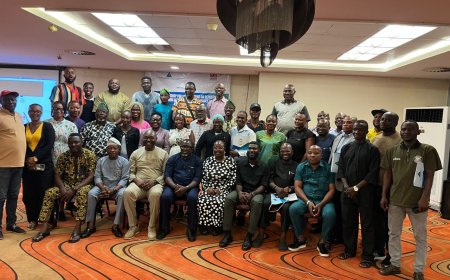
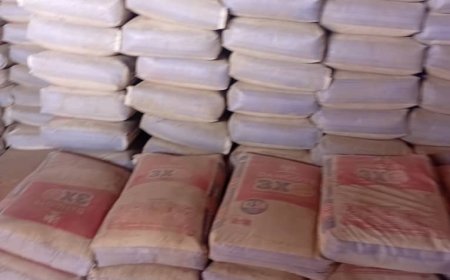


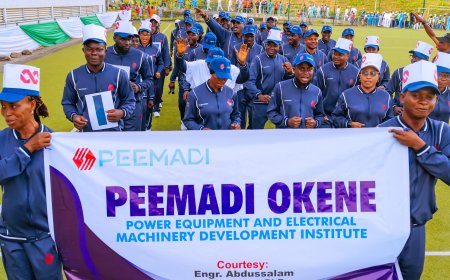

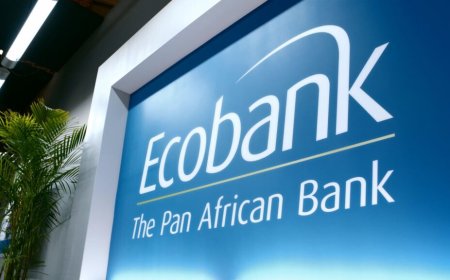

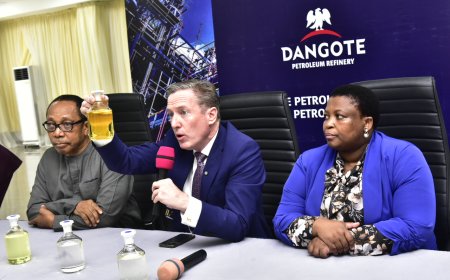









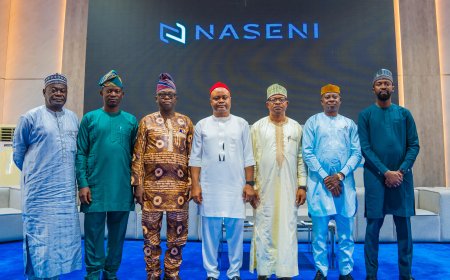
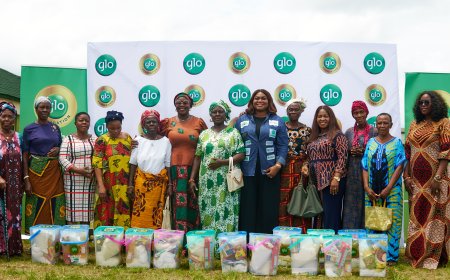








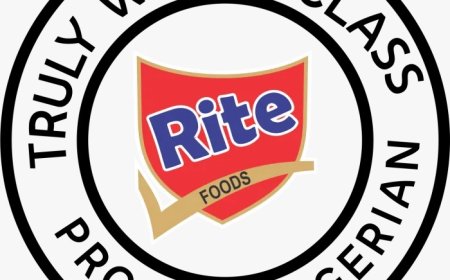





 The Chairman and Chief Executive Officer of Adron Homes and Properties Limited, Aare Adetola Emmanuelking, has congratulated the Government and people of Oyo State as the state marks its 50th anniversary, describing the occasion as a celebration of resilience, cultural pride, and sustained progress.
The Chairman and Chief Executive Officer of Adron Homes and Properties Limited, Aare Adetola Emmanuelking, has congratulated the Government and people of Oyo State as the state marks its 50th anniversary, describing the occasion as a celebration of resilience, cultural pride, and sustained progress.



